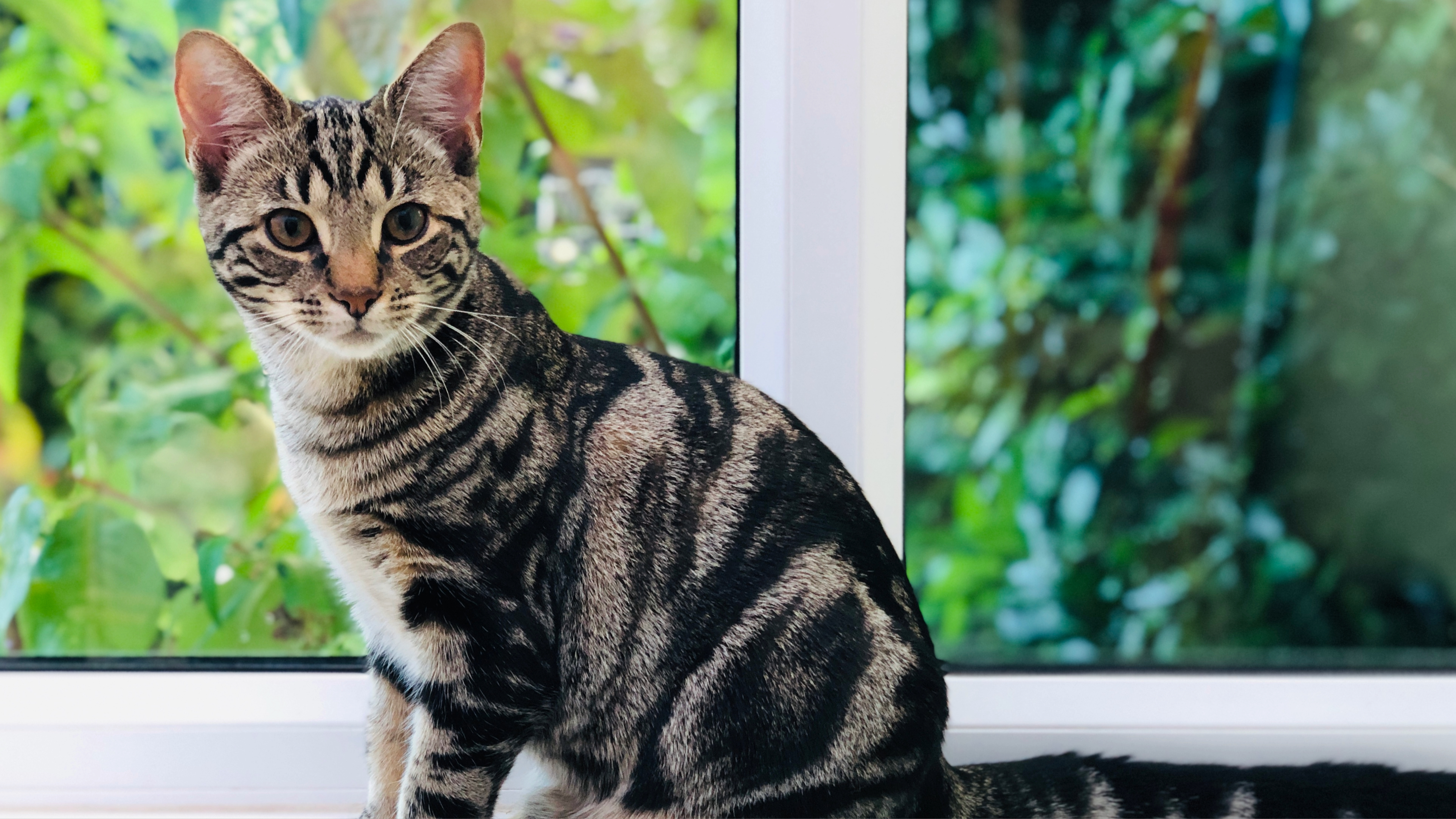This cat expert doesn’t have these six things in her home — and number three really surprised us!
These should all be best avoided, according to an expert.

It can be easy to get into the habit of thinking that being a cat parent is easy. Our felines often like to do as they please, as long as they’ve got their food, water, litter tray, some toys, and plenty of love and affection – on their terms, of course!
However, it’s still important to consider what’s in your house, and in particular the products you buy for your cat. While there’s no need to look for the most expensive products for your kitty, it’s a good idea to make sure everything is just right for them – though we’re sure some of the very best cat treats wouldn’t go amiss.
In a recent Instagram post, registered cat behavioral consultant Molly Kelsey, or The Cat Counsellor, has outlined six things she won’t have in her house for her cats – and number three really surprised us!
A post shared by Molly | Your Cat Behaviour Consultant (@thecatcounsellor)
A photo posted by on
1. Scented litter: “A cat’s olfactory senses are very powerful,” Kelsey explains. “Added fragrances (natural or artificial) can be at best unpleasant and at worst overstimulating and stressful.”
Instead, she recommends buying unscented litter that mimics your cat’s favorite natural substrates – take a look at the different types of cat litter here for more advice.
2. Combined food/water dishes: As Kelsey explains, cats rarely “wine and dine” at the same time, and actually prefer to eat away from their water sources.
“If you must serve your cat’s food in the same room as their water source, offer it off the ground or on the other side of the room,” she adds.
Get the best advice, tips and top tech for your beloved Pets
3. Laser pointers: Are laser pointers bad for cats? Well, Kelsey says, “Because laser pointers provide nothing tangible for our cats to ‘catch’ it can be very frustrating for them to fail to capture their ‘prey’ over and over.”
Why not use wand toys with a good range, instead? These encourage movement and chase, but they’ll actually be able to catch the object.
4. Automatic litter boxes: Sure, these might seem convenient, but as there’s often limited space and just one entry and exit point, Kelsey says they’re unsuitable for cats, who in the wild would choose open space with plenty of exits when going to the bathroom.
“Use a large uncovered box with multiple ways to enter and exit the box,” she continues. “Some cats prefer high-sided boxes which can provide some privacy.”
5. Short scratching posts: “Most adult cats require a minimum of 80cm [just over 31in] to fully stretch out and utilize a vertical scratch surface, which most novelty and ‘space-saving’ scratch posts fall short of,” Kelsey says.
6. Litter box liners: While they can be convenient and make caring for your cat more accessible, they can be hazardous to your cat if their claws catch on them.
If you’re a cat owner, we’ve rounded up the best Black Friday cat deals to make sure you save money when buying the essentials.

Adam is a freelance journalist specialising in pets, music and culture, and mental health and wellbeing. He investigates and writes the large majority of news on PetsRadar, and collaborates with veterinary experts to produce informative pet care content.
Adam has a journalism degree from Southampton Solent University and a masters degree in Magazine Journalism from Cardiff University. He was previously senior editor at dog advice website DogTime.com, and has also written for The Independent, GoodToKnow and Healthline.
He owns two rescue cats, Bunny and Dougie, and has also previously had a rabbit, fish and Roborovski dwarf hamsters.
